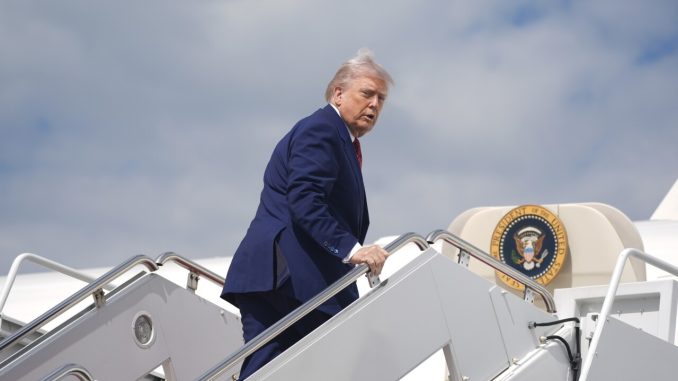
The international perception of the United States has been experiencing a notable decline in recent years, with growing concerns emerging even among its traditional allies. This shift can be attributed to several interrelated factors that have impacted both the domestic and global image of the U.S.
One significant factor influencing this decline is the increasing polarization in American politics. The stark division between political parties has created a perception of instability and unpredictability, which raises concerns among allies about the U.S.’s commitment to long-standing international alliances and agreements. Events such as the withdrawal from the Paris Climate Agreement and the controversial handling of foreign policy under various administrations have contributed to doubts about American reliability as a global leader.
Moreover, the U.S.’s handling of crises, particularly during the COVID-19 pandemic, has drawn criticism. While the nation was initially lauded for its innovative vaccine development, the subsequent management of the pandemic and the internal divisions over public health measures have painted a picture of a country grappling with significant challenges. This internal turmoil has affected how other nations view the U.S.’s ability to effectively lead on global health issues and respond to international challenges.
Additionally, economic factors play a role in shaping perceptions. The U.S. economy, while still robust, faces challenges such as rising inflation, supply chain issues, and increasing inequality. Many countries observe these economic difficulties with concern, leading to questions about whether the U.S. can maintain its status as a dominant economic power. As countries like China and the European Union continue to assert their influence globally, allies may perceive a shift in the balance of power, prompting them to reassess their relationships with the U.S.
Cultural factors also contribute to this declining perception. The prominence of social movements advocating for racial justice, gender equality, and other social issues highlights deep-seated divisions within the U.S. These domestic issues affect the country’s moral authority on the global stage, with allies questioning America’s commitment to promoting democracy and human rights abroad.
In summary, the international perception of the United States is increasingly complex and multifaceted. Political polarization, economic challenges, management of global health crises, and cultural issues combine to paint a picture of a nation face significant scrutiny even from its allies. As global dynamics continue to evolve, the U.S. may need to address these concerns actively to restore and maintain its standing in the international community.

Be the first to comment